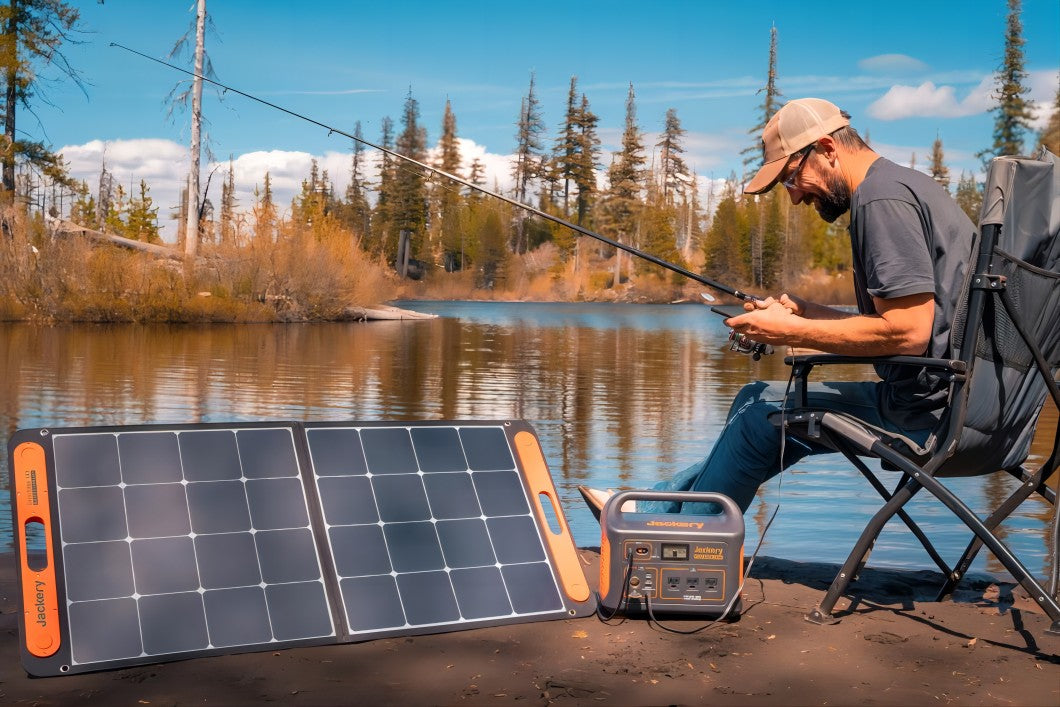
Essentials for Successful Off-Grid Living
Living off-grid offers a unique and rewarding lifestyle, but it requires careful planning and consideration of essential factors. Explore the key elements that contribute to a successful off-grid living experience.
Choosing the Right Location
Selecting the right location is crucial for off-grid living. Factors such as climate, access to water, solar exposure, and local regulations play a significant role. Before embarking on an off-grid lifestyle, thoroughly research potential locations to ensure they align with your needs and preferences.
Off-Grid Power Generation
Off-grid living often entails generating your own power. Solar panels, wind turbines, or a combination of renewable energy sources can provide electricity. Investing in a reliable power generation system is essential for maintaining a comfortable and sustainable off-grid lifestyle.
Water Management and Conservation
Securing a reliable water source is paramount for off-grid living. Implementing efficient water management and conservation practices helps sustain your water supply. Rainwater harvesting, water filtration systems, and mindful water usage are essential components of a successful off-grid water strategy.
Sustainable Food Production
Off-grid living encourages self-sufficiency, and sustainable food production is a key aspect. Establishing a garden, orchard, or even small-scale livestock farming contributes to a steady and local food supply. Sustainable agriculture practices ensure long-term food security.
Waste Management Solutions
Off-grid living requires a responsible approach to waste management. Composting, recycling, and minimizing waste generation are essential practices. Implementing efficient waste management solutions not only benefits the environment but also contributes to a cleaner and healthier off-grid living space.
Building a Sustainable Shelter
Designing and constructing a sustainable shelter is a fundamental aspect of off-grid living. Utilize eco-friendly building materials, consider passive solar design, and prioritize energy-efficient features. A well-designed and sustainable shelter enhances the overall off-grid experience.
Off-Grid Connectivity and Communication
While embracing a more secluded lifestyle, staying connected is crucial for safety and communication. Invest in reliable communication tools, such as satellite phones or two-way radios, to ensure connectivity in remote off-grid locations.
Emergency Preparedness
Off-grid living often means being self-reliant in emergencies. Create a comprehensive emergency preparedness plan, including first aid supplies, essential tools, and evacuation procedures. Being well-prepared contributes to a sense of security and confidence in off-grid living.
Education and Skill Development
Success in off-grid living requires learning and acquiring various skills. From basic survival skills to proficiency in maintaining off-grid systems, continuous education is essential. Investing time in acquiring knowledge and skills ensures self-sufficiency and adaptability.
Community and Networking
Despite the solitude often associated with off-grid living, community and networking play vital roles. Connecting with other off-grid enthusiasts, sharing experiences, and participating in local off-grid communities fosters a sense of camaraderie and provides valuable support.
Seizing the Off-Grid Living Essentials
In conclusion, successful off-grid living hinges on careful planning and attention to essential factors. Whether it’s sustainable power generation, water management, or building a resilient shelter, each element contributes to a holistic off-grid lifestyle. For more insights and resources on off-grid living essentials, visit Off-Grid Living Essentials.




